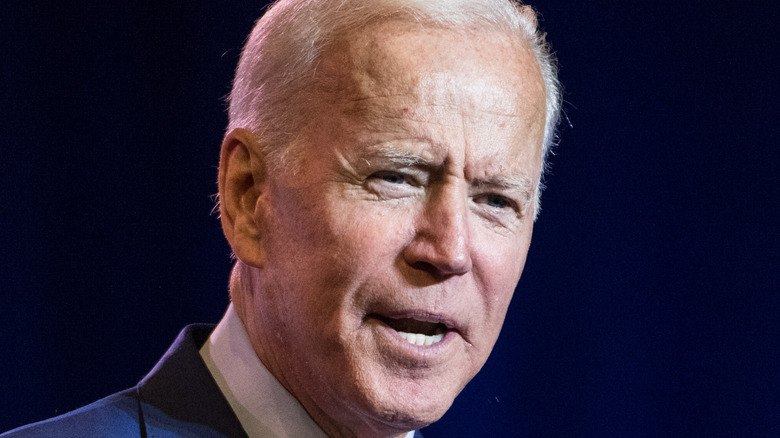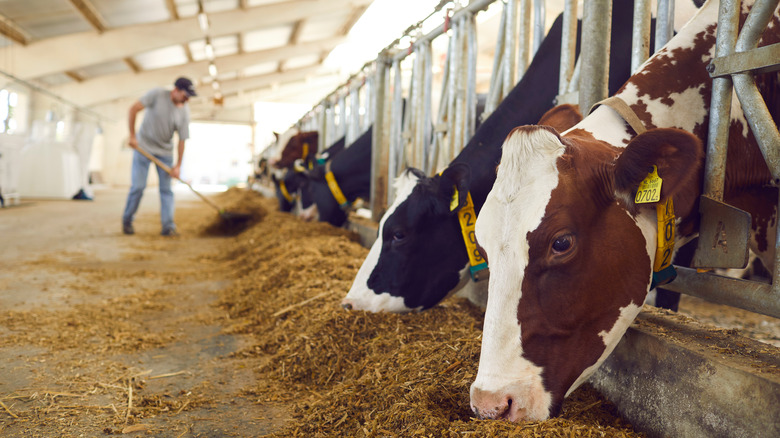How The Biden Administration Plans To Lower Meat Prices
Yesterday, the White House outlined in a blog post its intentions to bring greater scrutiny to meat processors.
These companies, the White House argues, have made tremendous profits during the ongoing pandemic at both the expense of the meat workers who have been most vulnerable and the consumers who have seen meat prices continue to rise. "During the pandemic, wholesale prices for beef rose much faster than input prices for cattle," the post states. "That means that the prices the processors pay to ranchers aren't increasing, but the prices collected by processors from retailers are going up." This has resulted in the top firms reaping the highest profits in years.
The concrete steps the Biden administration lists include cracking down on price fixing, providing relief to smaller farmers to increase competition, supporting farmers affected by extreme weather, and establishing more transparent and fairer markets.
These intentions, Reuters notes, are responding to how raised meat prices have contributed to half of the grocery bill increases shoppers have experienced since December. It also provides the government the opportunity to tackle the meat monopoly that Vox described back in February. In its report, JBS, Tyson Foods, Cargill, Smithfield, Hormel, and National Beef control two thirds of all meat production in the United States. These aren't actual farmers, either. Rather, according to The Guardian, they are meat processing corporations that hire independent farmers to raise chickens with strict specifications.
More about the price fixing accusation
The White House's declaration that these companies are engaged in price fixing is just the publicized peak of a story that has been brewing during the pandemic.
In 2019, according to Live Kindly, the Department of Justice investigated complaints Maplevale Farm, a food distributor, made about the price fixing conducted by the big poultry producers. A year later, these issues were still floating about. Modern Farmer published a piece relaying the theory farmers and some politicians held that price fixing was afoot. As the White House mentioned, beef was selling, but the price of cattle had dropped. The worry was that the slaughterhouse companies were conspiring to pay lower prices for cattle while profiting off the forced home cooking.
A key tool in such manipulation would be a massive data set that would allow for anticompetitive cooperation. Agri Stats purportedly offers the potential for such a tool, The Counter wrote. "Pork litigation court filings allege there were nine sections to reports in 2009, which included animal feed composition, how many animals were at various stages of production and profit margins — essentially information on all aspects of meat production," the piece explains. The same is true for poultry and beef. The granularity of the details in the reports sold by Agri Stats, which several companies of importance possibly bought, was so specific that their existence only makes sense in the context of an industry-wide cooperative effort.
Now that it's hit consumers, though, the Biden administration may act.

